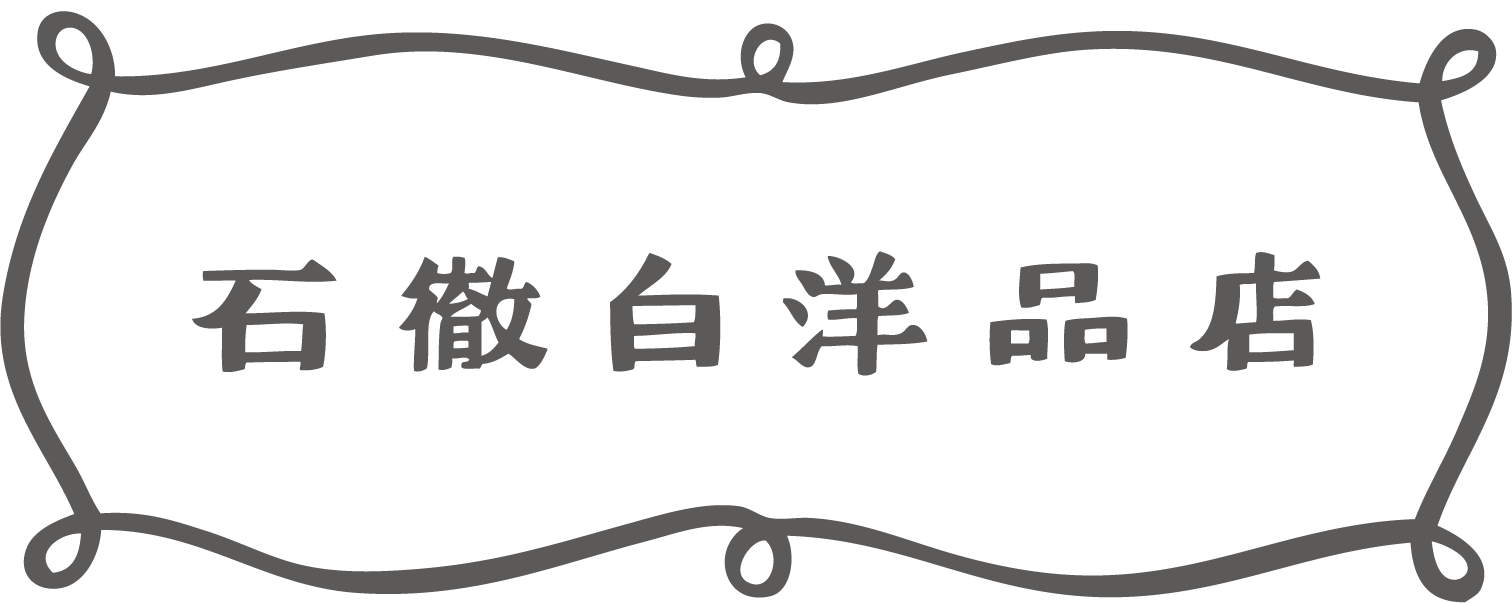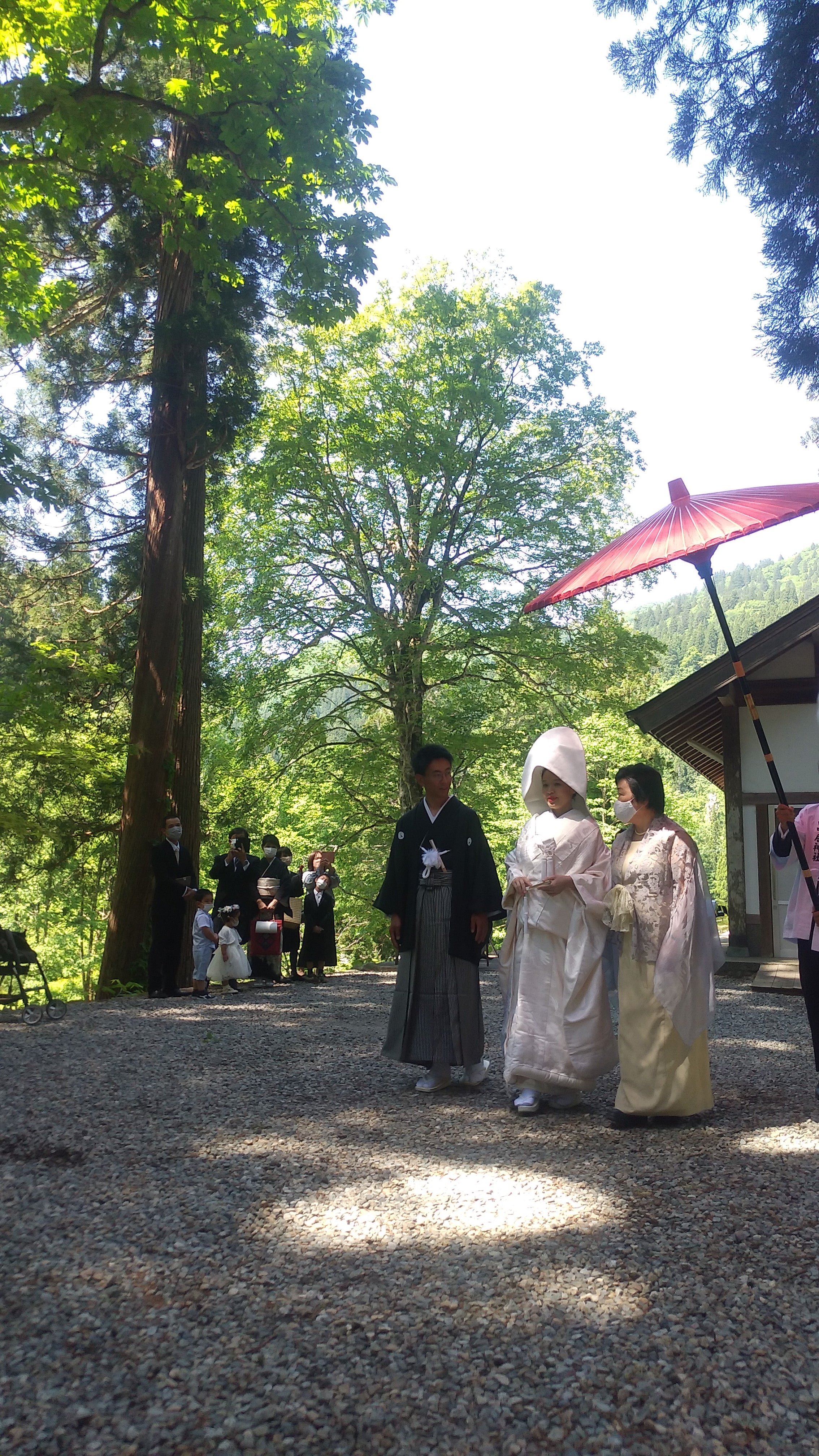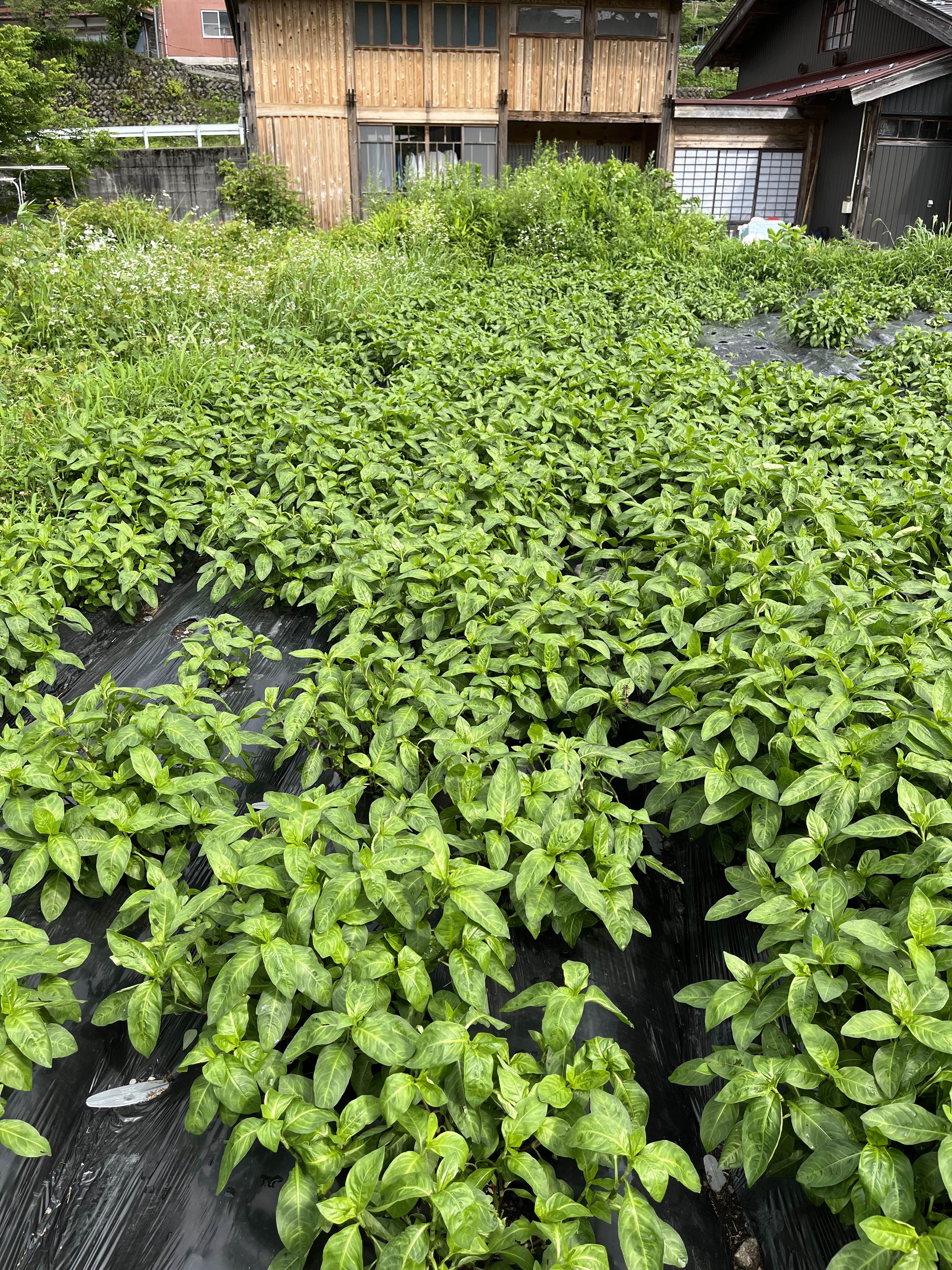Great lessons learned from the indigo fields
The indigo fields aren't doing well at all this year.
Unfortunately, we do not expect to see as much harvest as usual.

Why?
One is the delay in sowing the seeds and the mental state when the seeds were sown.
It felt like it was going to be very cold this year, so I was preparing to sow the seeds later than usual.
Then came the coronavirus pandemic. Not only was it later than usual, but it was even later because I was infected with the coronavirus.
Moreover, I was desperately sowing the seeds during a period of great mental shock and in a depressed mood.
When I mentioned this to natural farming expert Okamoto Yoritaka, he told me, "Seeds are easily influenced by emotions. When I have a fight with my wife, I try not to sow seeds."
Although the germination rate was better than usual, the subsequent growth was extremely poor. This must be a reflection of how I feel...
I was worried that the seedlings were not growing very well, so it may not have been a good idea to plant the small seedlings in the field before the rainy season arrived.
The second reason is that in one field, we tried growing crops without mulch (black plastic).
Because the temperature in Itoshiro is low, everyone uses black mulch in their fields. However, since the mulch is made of vinyl, it needs to be replaced every year, which inevitably results in waste.
I've been farming for the last six years and I really hate it.
So, I wondered if I could grow them without mulch, and planted them in one area of the field without using mulch.
Mulch also acts as a weed remover, so I thought that as long as the weeds didn't get in the way, it would be fine, and I was able to do a good job of weeding, but I didn't do anything else.
Yes, the mulch not only weeds, but also keeps the soil warm and humid. If only indigo were to grow in a place where no other grasses were growing, it would be unnatural in the natural world. There is little rain and the soil is dry. It gets very cold in the mornings and evenings, making it a tough environment for small seedlings.
Without even thinking about it, there was no mulch. That was harsh... Not only would the plants be damaged by cutworms, which cause damage every year, but they would also dry out and the seedlings would often die, which I deeply regret.
It's a good idea, but I realize that if we don't take proper measures, the ideal will remain just an ideal. I consulted with Taka-san from Okamoto about this, and he said that spreading rice husks around the seedlings might help a little, so I started working on covering them with rice husks, even though it was a little late.
Up until now, I have only followed the methods I was taught at the beginning, so I have been able to harvest without any major mistakes. However, if the method or sowing time is slightly different, it will not be the same.
This is a big lesson, and it's true that it's because of these obstacles that we have to face that we have to learn from trial and error to figure out what to do.
It may be fine if the same method always worked well, but it is precisely because things don't work out that there is a lot to learn, and that is how you gain experience.
It's often said that failure is the mother of success, and I've learned so much that I feel like if I didn't fail, I wouldn't learn anything.
In the end, I'm worried because I don't know how much we'll be able to harvest, but I hope that at least we can keep the seeds alive.
As long as I have the seeds, I can start again next year. Moreover, the indigo seeds I have been growing in Itoshiro for many years are reliable. They understand the climate here, and they understand my heart.
I read an article the other day that struck me.
A person discovered that the plants he had been growing had died.
When I lamented it, he said, "Did you really pay close attention to that plant? No plant will ever dislike you if you plant it for them. It's likely that you weren't the one paying attention to it."
The content was something like, ``I was shocked when I heard that.''
To be honest, I'm always so busy doing everything that I can't seem to concentrate on one thing or do one thing carefully.
The fields, the indigo, all the other little things, even raising children...
Although I love all of these things, it's not like I've been able to tackle them all properly, and over the past few years I've done my best to do them all evenly.
This year, I sincerely hope to approach the fields and indigo with a renewed sense of purpose, and I am very happy to have been able to achieve this.
As soon as I got into that mindset, I was able to see the indigo seedlings more clearly. Even though they were tiny seedlings, I planted them one by one in the furrows of the field, spread rice husks on them, and watered them together with the interns.
Even if they don't grow big, I want to at least leave behind seeds. That's the thought that I want to have as I grow them.
I always knew the importance of treating everything with care, but it was a great learning experience for me to be able to recognize this through my own experience and reflection.
Even if you learn, whether it will go well or not depends on the vitality of the indigo plant and the weather. That is how uncertain it is to nurture life, and it is something that cannot be measured by human knowledge.
That's why it's difficult, and I never get bored of doing it, so I want to keep thinking positively.
So, what will happen to indigo this year?


